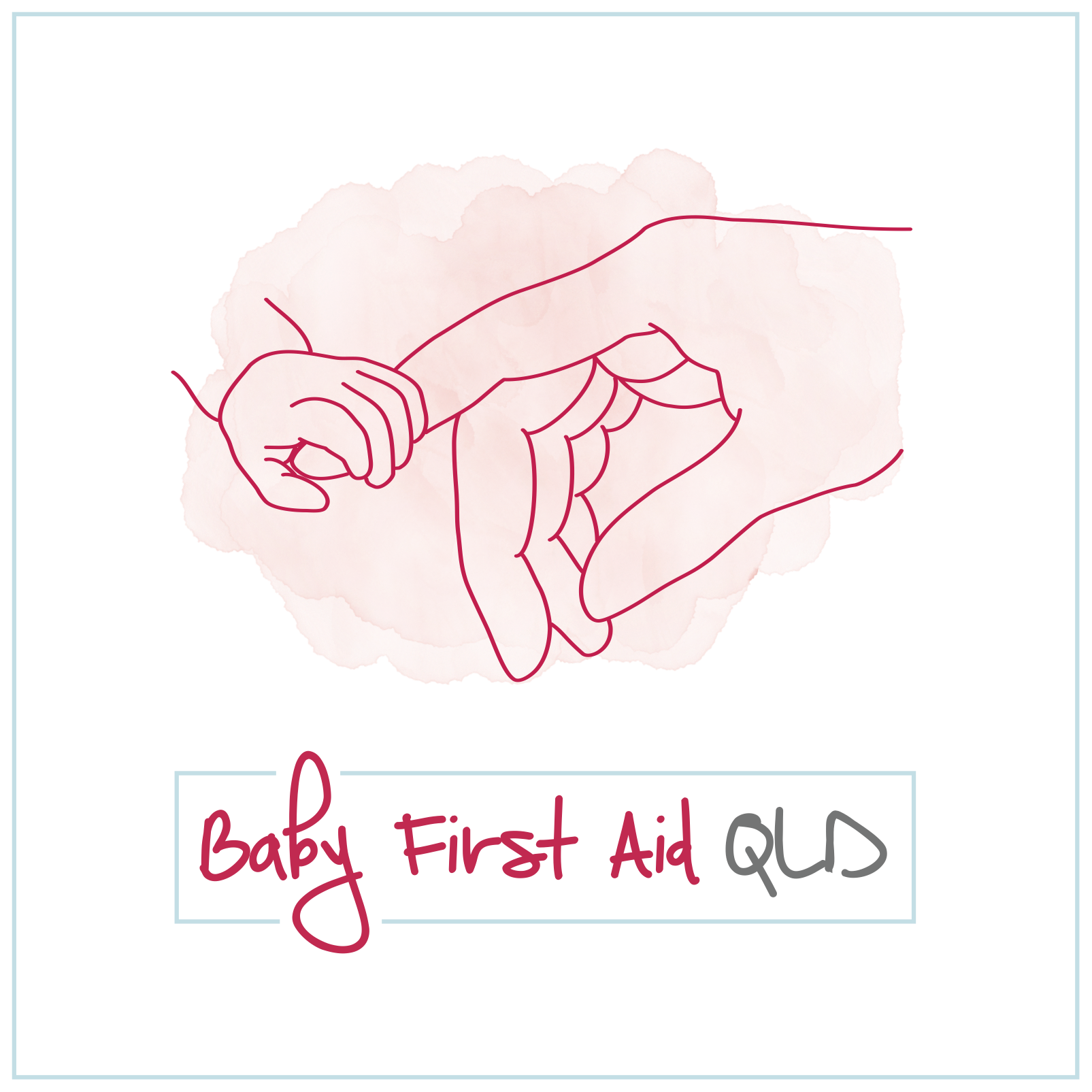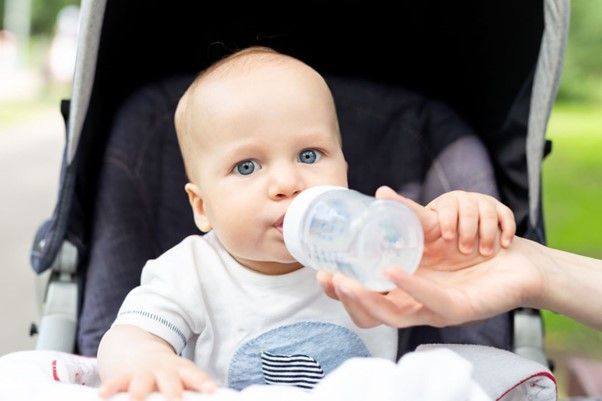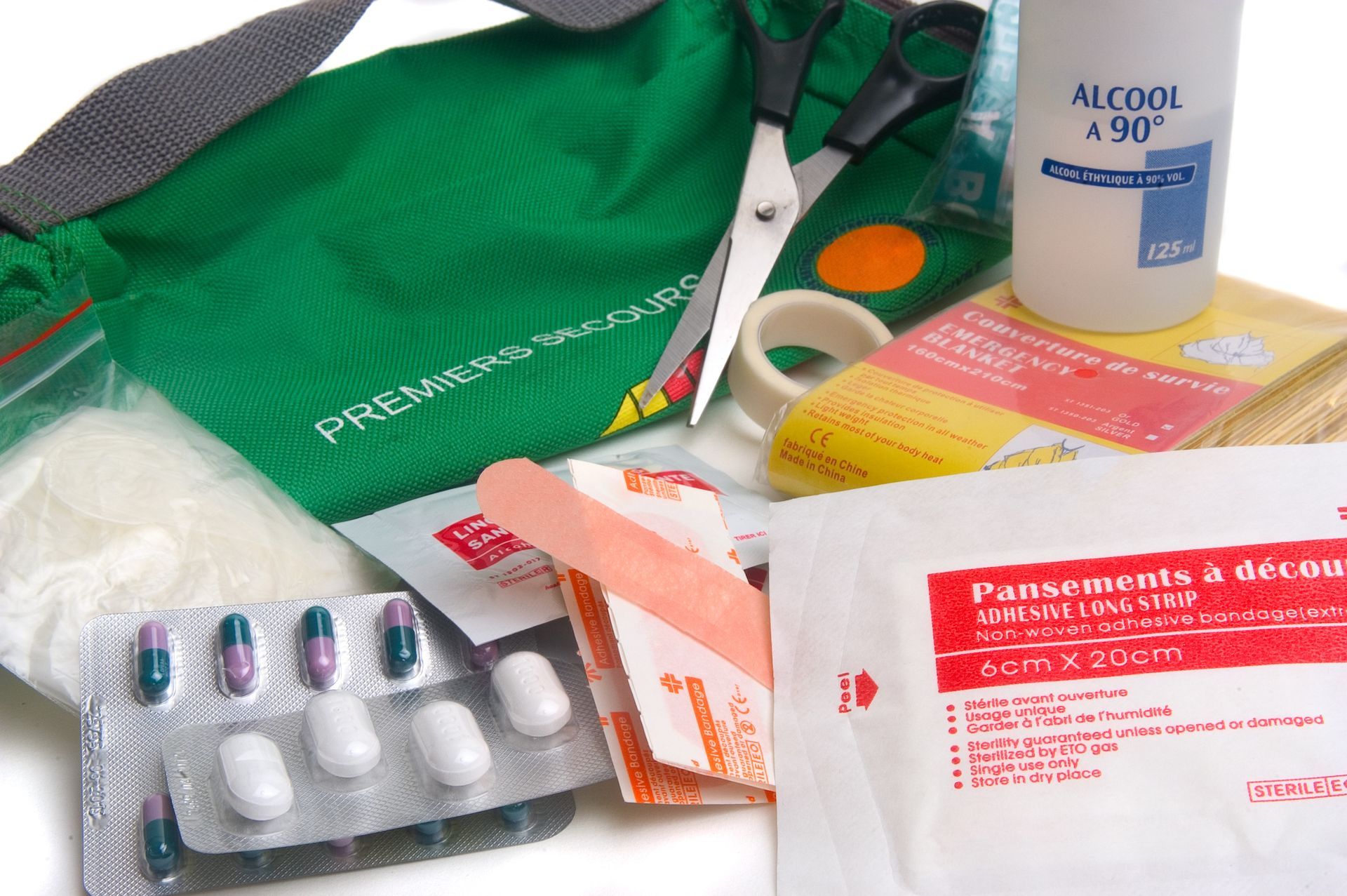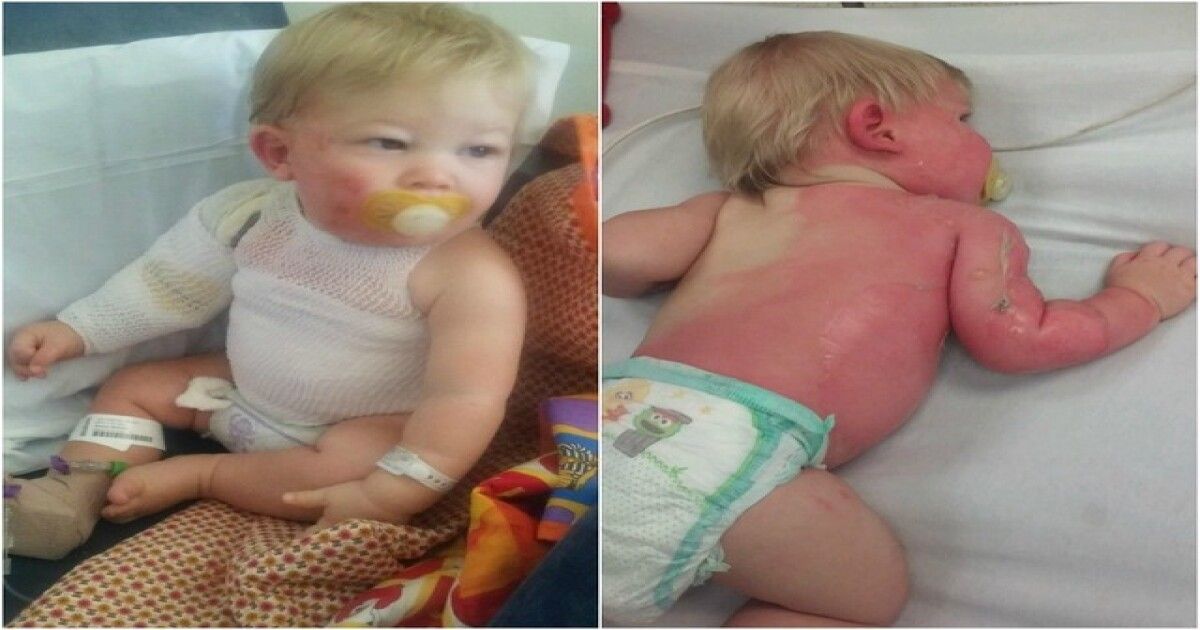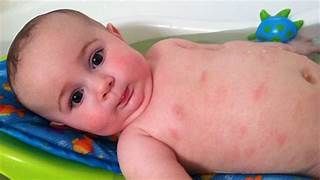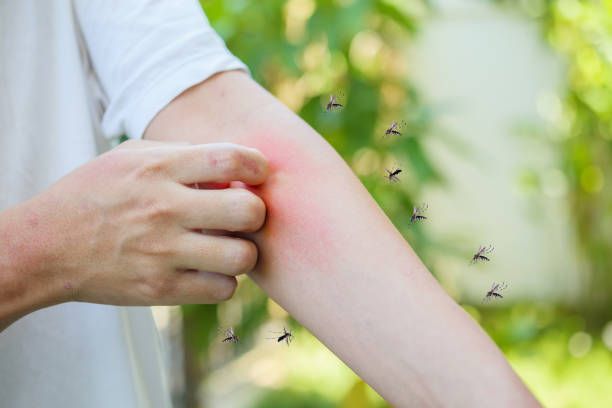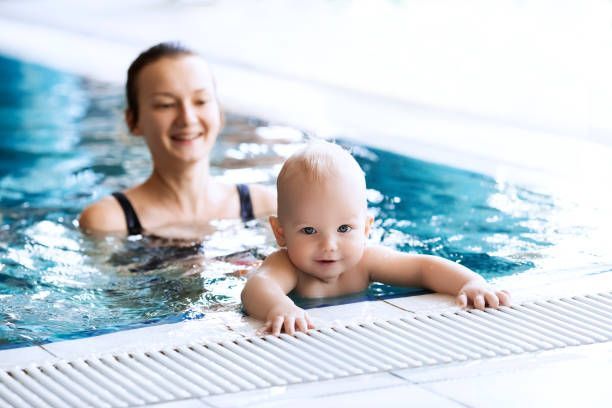Tiny Tummies, Big Allergies: Navigating Food Allergies in Babies with Confidence
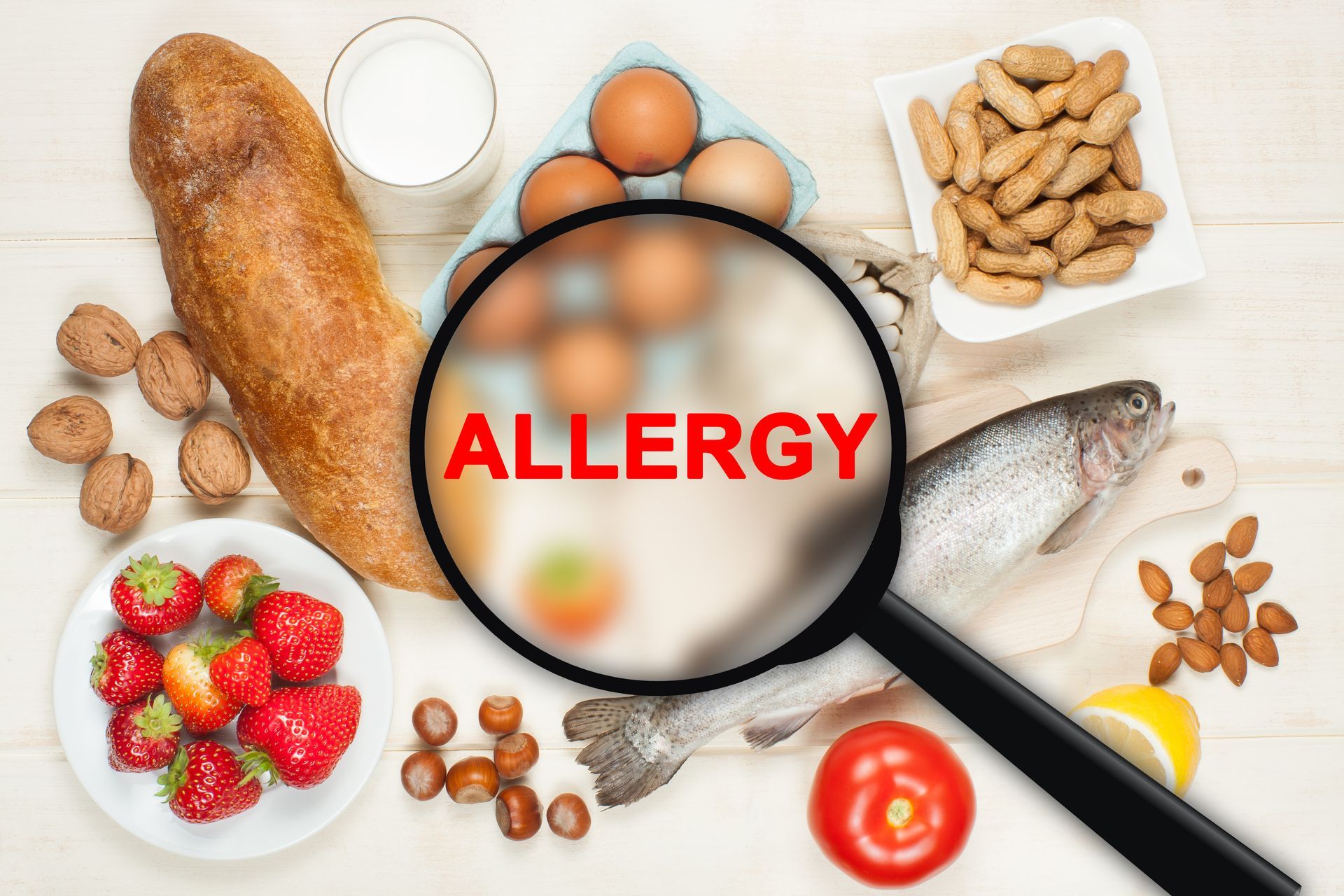
Parents are generally worried about many common allergens. They worry about them when introducing solids to their child. The most common allergens that parents are concerned about include:
1. Peanuts cause one of the most common food allergies. It can be severe, causing anaphylaxis in some cases.
2. Tree nuts are also common allergens. They include almonds, cashews, and walnuts. They can cause severe allergic reactions.
3. Milk allergies are common in young children. Symptoms can range from mild to severe. They include hives, vomiting, and anaphylaxis.
4. Eggs are a common cause of allergy in young children. They can cause symptoms, such as hives, eczema, and anaphylaxis.
5. Wheat allergy is less common. But, it can cause symptoms such as hives, eczema, and digestive issues.
6. Soy allergy is common. It can cause hives, swelling, and trouble breathing.
7. Fish and shellfish are also common allergens. They can cause severe allergic reactions.
Parents should be aware of these common allergens. They should introduce them to their child's diet gradually. Parents should also watch for signs of allergic reactions. They should seek medical help right away if their child has any symptoms.
If a child experiences an allergic reaction, parents should take the following steps:
1. Stop feeding the suspected food. If the child is still eating it, stop now.
2. Watch the child's symptoms. Watch for any signs of an allergic reaction, like hives, swelling, or trouble breathing.
3. Call 000 if the child has severe symptoms. For example, if they have trouble breathing. For milder symptoms, call the doctor for advice.
4. Follow the doctor's advice. If the child has a food allergy, the doctor will guide you on how to manage it. This may include avoiding certain foods. You may also carry emergency medication and work with an allergist. They can help you develop a management plan.
5. Educate others. It's vital to teach other caregivers, such as babysitters and teachers. They need to know about the child's food allergy. They need
to know what to do if the child has an allergic reaction.
Parents should take any possible food allergy seriously. They should seek medical attention immediately if their child has any symptoms. Proper
management and education can help. They allow children with food allergies to have happy, healthy lives.
For more information:
https://www.childrens.health.qld.gov.au/fact-sheet-food-allergies
Disclaimer: The health information provided is for informational purposes only and is not intended to be a substitute for professional medical advice, diagnosis, or treatment. Always seek the advice of a qualified healthcare provider with any questions you may have regarding a medical condition.

Baby First Aid QLD is a business for good that is on a mission to ensure all parents and carers have access to quality skills in first aid to apply if their child is sick, injured or in an emergency situation.
We provide our courses across Queensland, so would respectfully like to acknowledge the traditional owners of our land, past, present and emerging. We are committed to learning and understanding the truth of our First Nations people and sharing this truth. We would like to acknowledge the traditional owners of the land that we work, play and care for our families on.
Baby First Aid QLD would also like to extend our respect to the LBGTQIA+ community and show our commitment to being an inclusive enterprise. We stand by strong principles and take pride in living by these.
The creation of this website was made possible through grant funding from the Queensland Government via the Social Enterprise Grant from the Department of Education, Small Business and Training (DESBT).
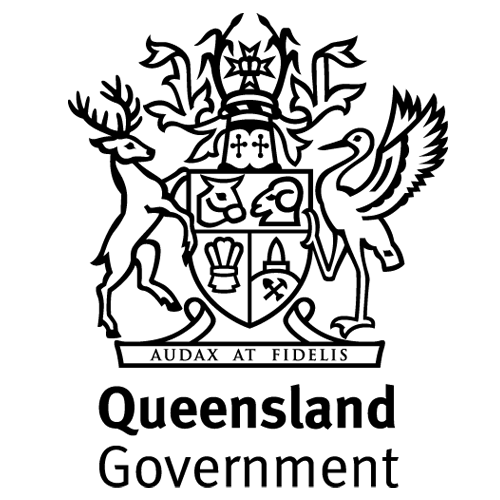
Website Disclaimer
The information provided by Baby First Aid Qld is for general informational purposes only. All information on the Site is provided in good faith, however we make no representation or warranty of any kind, express or implied, regarding the accuracy, adequacy, validity, reliability, availability or completeness of any information on the Site. Under no circumstance shall we have any liability to you for any loss or damage of any kind incurred as a result of the use of the Site or reliance on any information provided on the Site. Your use of the Site and your reliance on any information on the Site is solely at your own risk.
